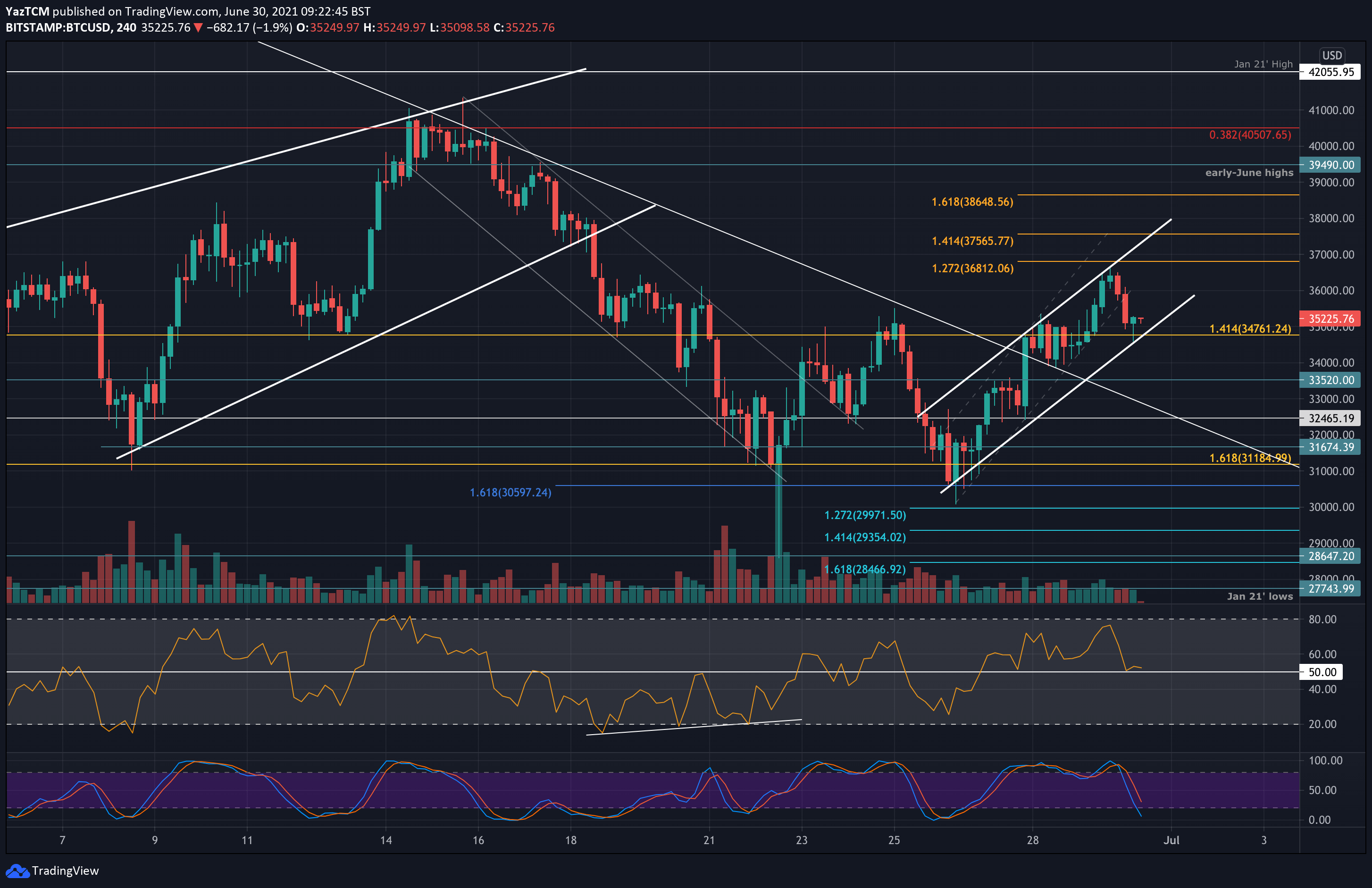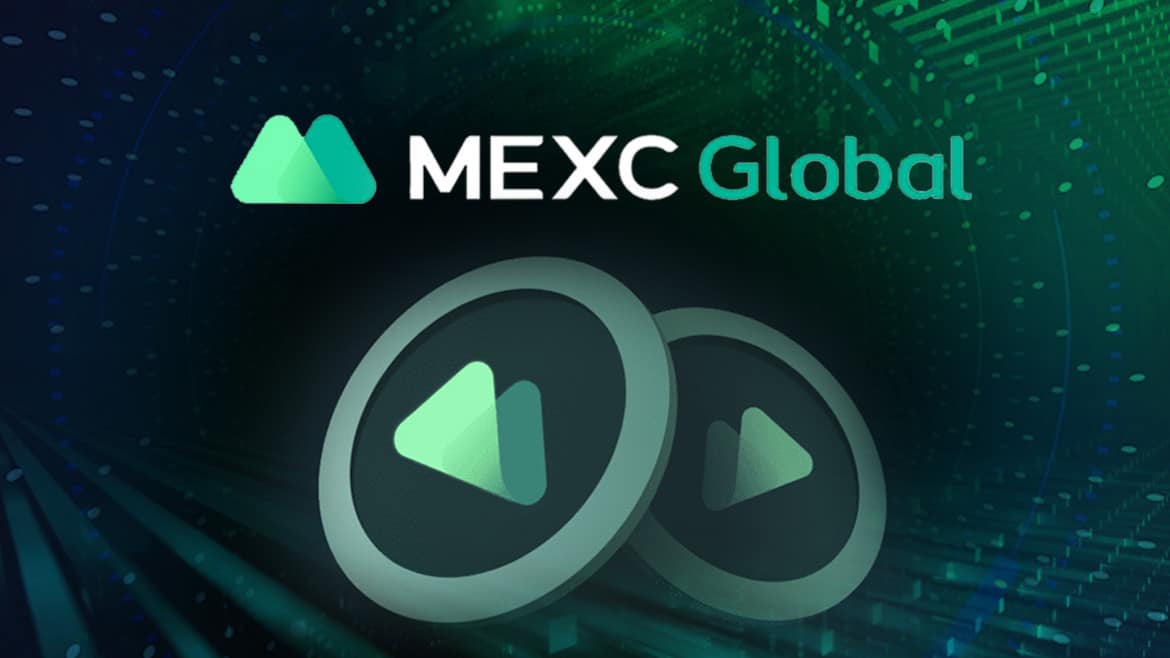This Is How Much Bitcoin Institutions Are Trading On The CME
While Binance remains the largest venue in the world for Bitcoin futures trading, another more regulated market is now following closely behind.
CME Bitcoin Futures now stands as the second-largest Bitcoin futures exchange in the world by open interest, signaling rising intrigue from institutions seeking Bitcoin exposure.
The Return of the CME to Bitcoin
According to data from Coinglass, there are now over 103,000 BTC in futures open interest (OI) live on the CME, worth $3.54 billion. That’s over 20% of the total Bitcoin futures OI tracked by the site, valued at $15.59 billion.
Binance, the single larger competitor to the CME, bears a similar 112.63K BTC ($3.87 billion) in futures OI, while Bybit hosts the third largest market with 74.31K BTC ($2.55 billion) in futures OI.
Open interest tells us how many Bitcoin futures contracts are outstanding in the market that have not been settled. Futures contracts are cash-settled agreements to buy or sell BTC from another party at a certain price, on a certain date, They act like bets on the future price of Bitcoin but don’t necessarily involve trading in real BTC.
Futures trading is often done with perpetual futures contracts, which don’t settle until a trader voluntarily closes the position, or is liquidated as the trader’s balance goes negative due to regular payouts on an incorrect position.
Weeks ago, the CME was the fourth-largest exchange for futures OI, but ascended the ranks as Bitcoin’s price surged to $35,000 in October.
The event caused a broad short liquidation washout at other exchanges (ex. Binance) that cleared the perpetual futures OI market of 35,000 BTC on October 23. The CME’s perp futures, however, actually gained during the event by 4,380 BTC.
According to data from K33 Research, The CME also dominates in terms of standard expiry futures contracts, boasting an 80% market share.
The CME includes standard-sized contracts worth 5 BTC, as well as micro contracts worth 0.1 BTC.
TradFi is Back
Many analysts view the CME’s resurgence in Bitcoin futures as an indicator for institutional interest coming back to BTC.
On October 25, Reflexivity Research co-founder Will Clemente said “Tradfi is back trading Bitcoin,” in response to the uptick. Days later, Bloomberg ETF analyst Eric Balcunas noted that BITO – the largest Bitcoin futures ETF in the United States – absorbed $1.7 billion last week, while the Grayscale Bitcoin Trust (GBTC) absorbed another $800 million.
“That’s $2.5b (top 1% among ETFs) into two less desirable methods (vs spot) for exposure = while we think spot ETFs unlikely to set records on DAY ONE, clearly there’s an audience,” wrote the analyst.
The post This Is How Much Bitcoin Institutions Are Trading On The CME appeared first on CryptoPotato.









